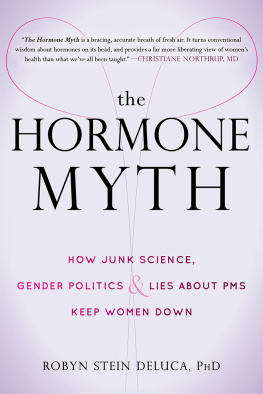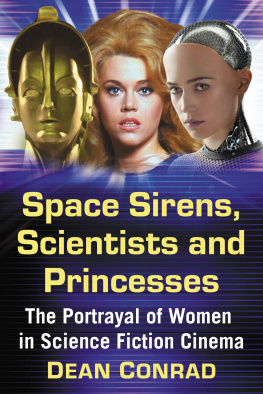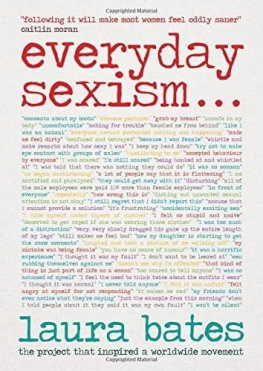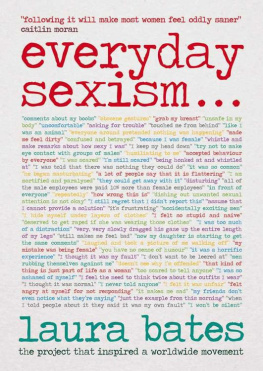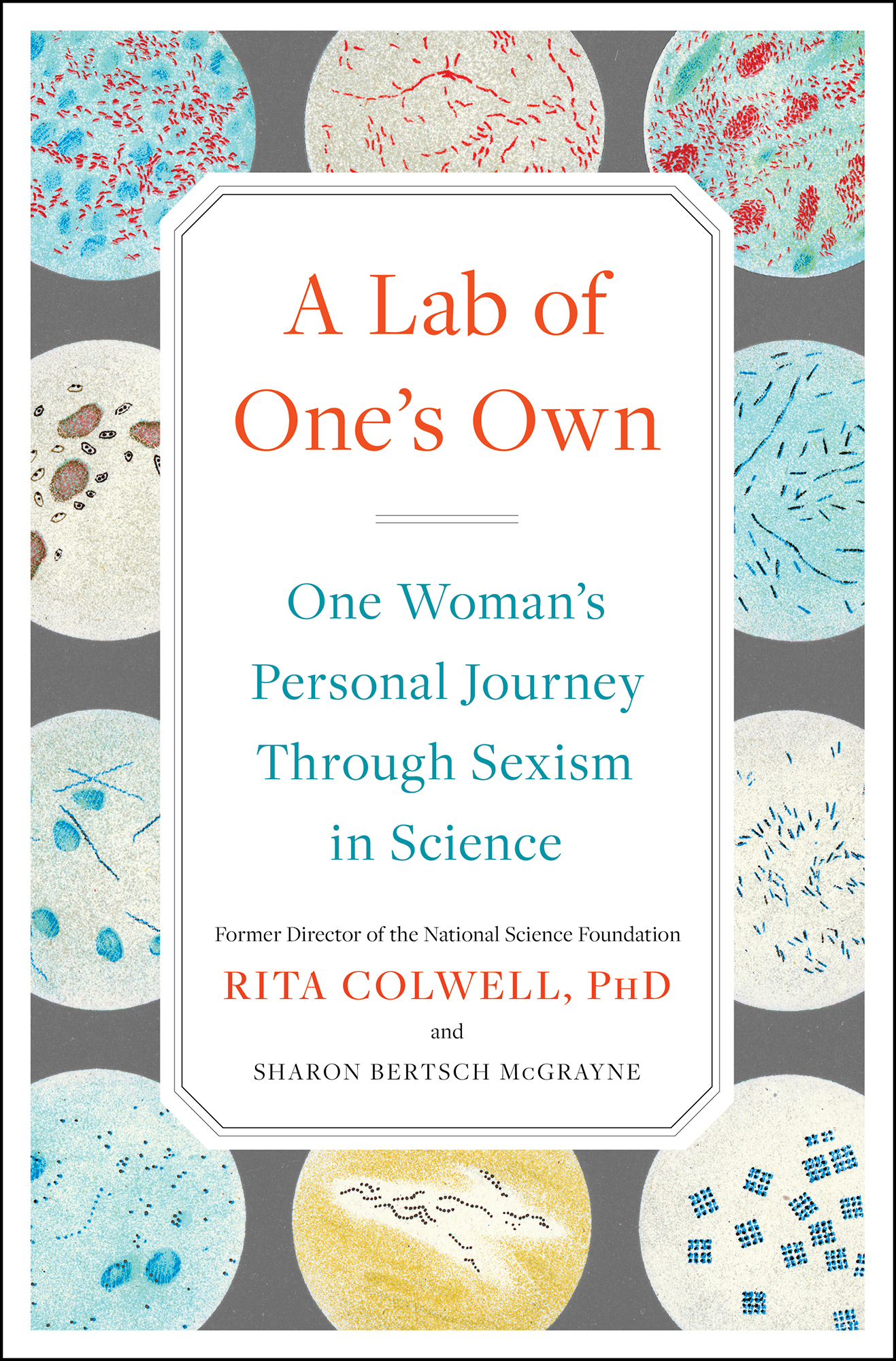Rita Colwell - A Lab of Ones Own: One Womans Personal Journey Through Sexism in Science
Here you can read online Rita Colwell - A Lab of Ones Own: One Womans Personal Journey Through Sexism in Science full text of the book (entire story) in english for free. Download pdf and epub, get meaning, cover and reviews about this ebook. year: 2020, publisher: Simon & Schuster, genre: Non-fiction. Description of the work, (preface) as well as reviews are available. Best literature library LitArk.com created for fans of good reading and offers a wide selection of genres:
Romance novel
Science fiction
Adventure
Detective
Science
History
Home and family
Prose
Art
Politics
Computer
Non-fiction
Religion
Business
Children
Humor
Choose a favorite category and find really read worthwhile books. Enjoy immersion in the world of imagination, feel the emotions of the characters or learn something new for yourself, make an fascinating discovery.

- Book:A Lab of Ones Own: One Womans Personal Journey Through Sexism in Science
- Author:
- Publisher:Simon & Schuster
- Genre:
- Year:2020
- Rating:3 / 5
- Favourites:Add to favourites
- Your mark:
A Lab of Ones Own: One Womans Personal Journey Through Sexism in Science: summary, description and annotation
We offer to read an annotation, description, summary or preface (depends on what the author of the book "A Lab of Ones Own: One Womans Personal Journey Through Sexism in Science" wrote himself). If you haven't found the necessary information about the book — write in the comments, we will try to find it.
If you think sexism thrives only on Wall Street or Hollywood, you havent visited a lab, a science department, a research foundation, or a biotech firm.
Rita Colwell is one of the top scientists in America: the groundbreaking microbiologist who discovered how cholera survives between epidemics and the former head of the National Science Foundation. But when she first applied for a graduate fellowship in bacteriology, she was told, We dont waste fellowships on women. A lack of support from some male superiors would lead her to change her area of study six times before completing her PhD.
A Lab of Ones Own is an engaging (Booklist) book that documents all Colwell has seen and heard over her six decades in science, from sexual harassment in the lab to obscure systems blocking women from leading professional organizations or publishing their work. Along the way, she encounters other women pushing back against the status quo, including a group at MIT who revolt when they discover their labs are a fraction of the size of their male colleagues.
Resistance gave female scientists special gifts: forced to change specialties so many times, they came to see things in a more interdisciplinary way, which turned out to be key to making new discoveries in the 20th and 21st centuries. Colwell would also witness the advances that could be made when men and women worked togetheroften under her direction, such as when she headed a team that helped to uncover the source of anthrax used in the 2001 letter attacks.
A Lab of Ones Own is an inspiring read for women embarking on a career or experiencing career challenges (Library Journal, starred review) that shares the sheer joy a scientist feels when moving toward a breakthrough, and the thrill of uncovering a whole new generation of female pioneers. It is the science book for the #MeToo era, offering an astute diagnosis of how to fix the problem of sexism in scienceand a celebration of women pushing back.
Rita Colwell: author's other books
Who wrote A Lab of Ones Own: One Womans Personal Journey Through Sexism in Science? Find out the surname, the name of the author of the book and a list of all author's works by series.





